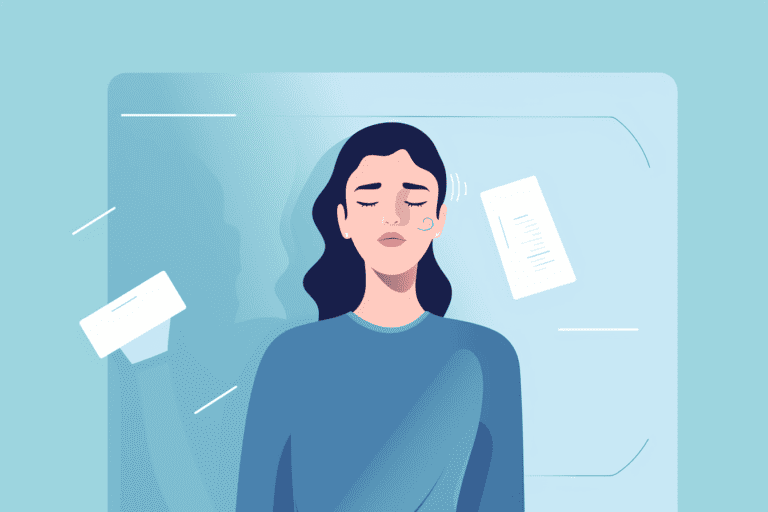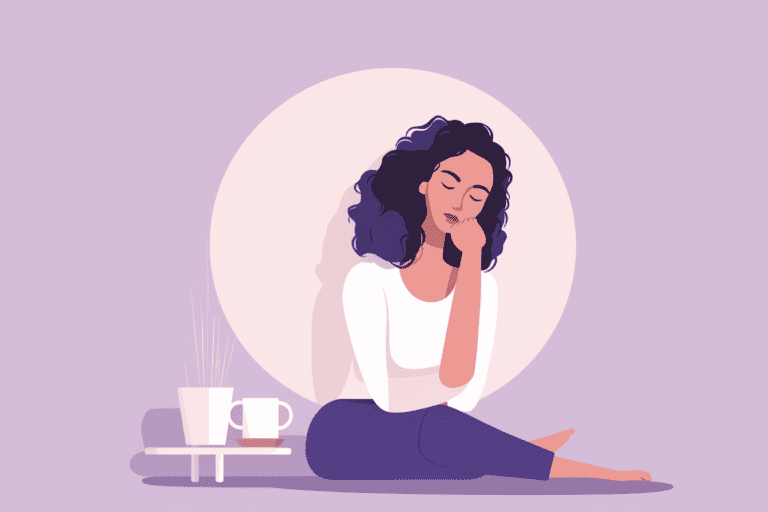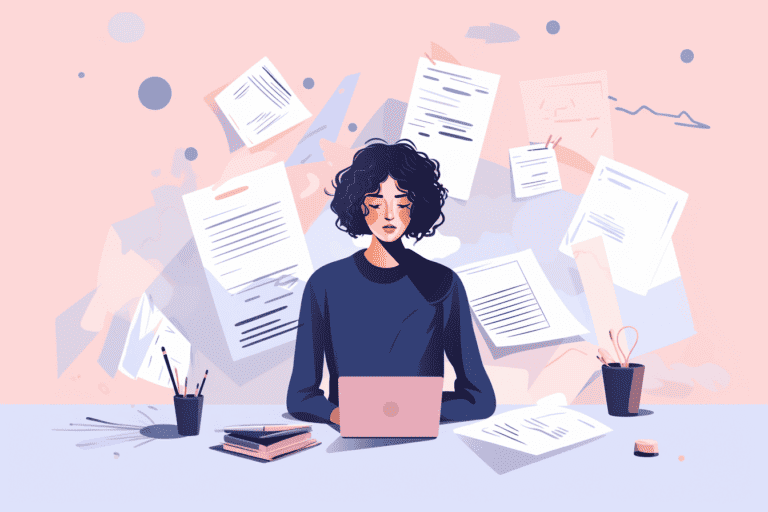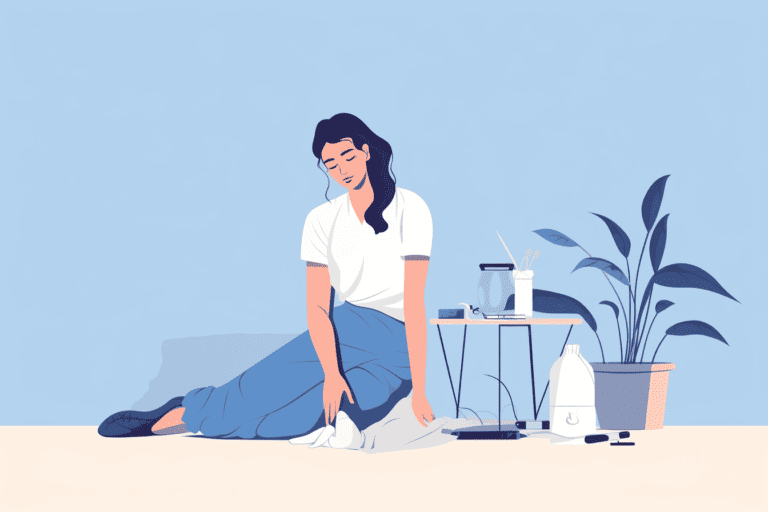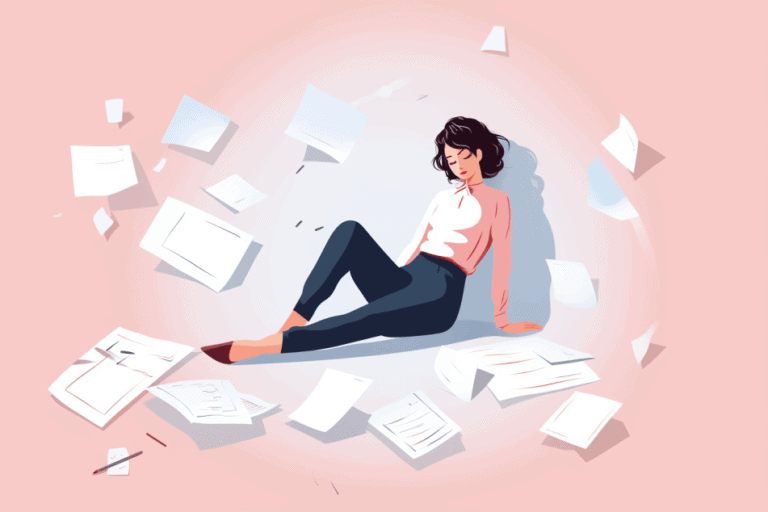How to Relax with ADHD for Adults
Living with Attention-Deficit/Hyperactivity Disorder (ADHD) as an adult can be quite a rollercoaster ride.
The constant whirlwind of thoughts, the struggle to always stay calm and focused, and the hyperactivity can leave one feeling completely drained mentally and physically sometimes.
So you want to know, exactly how to relax with ADHD?
In this article, we will embark on a journey to demystify the realm of relaxation for adults with ADHD.
But before we dive into the world of tranquility, let’s first understand what ADHD is all about.
What exactly is ADHD
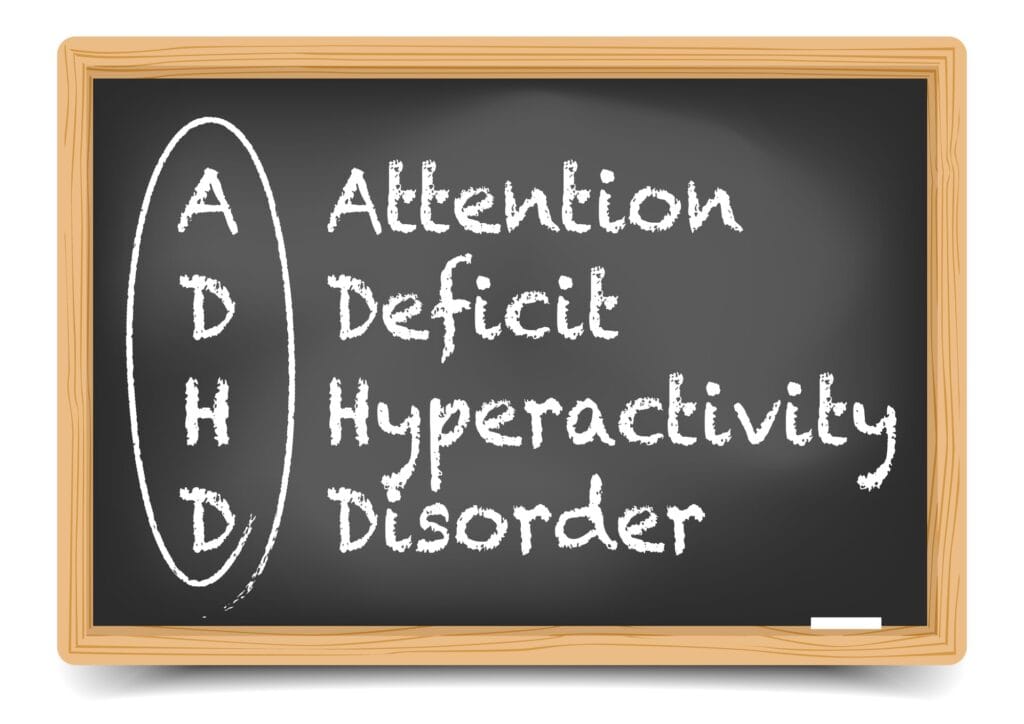
ADHD is a neurodevelopmental disorder that affects both children and adults. Contrary to popular belief that ADHD ceases after childhood, it often persists well into adulthood for many individuals.
Adults with ADHD typically experience patterns of inattention, hyperactivity, and impulsivity that significantly impact their daily lives. Inattentiveness may manifest as difficulty sustaining focus on tasks or forgetfulness about other important tasks, appointments and deadlines.
Hyperactivity might present itself as restlessness, anxiety or an inability to sit still for extended periods. Impulsivityoften leads individuals to make hasty decisions without considering the consequences.
Every individual’s experience with ADHD is distinct, and some days might be worse than others. Nonetheless, for many adults with ADHD, finding effective strategies to cope with their symptoms can be helpful. That is where relaxation comes in.
Why Can’t I Relax with ADHD?

Okay, picture this moment: you’re trying to chill, but your mind is like a wild rollercoaster, going from one thought to another at lightning speed. Yep, that’s the ADHD mind for you. It can make relaxing a real challenge.
You’re not alone in this struggle. Society might not always get it, but we know that adults with ADHD brain face some unique challenges when it comes to relaxation.
Here are some reasons why it can be hard to relax for ADHD adults:
- Neurological Factors: Research has shown that ADHD affects the prefrontal cortex, the part of the brain responsible for executive functions like organization and planning. This weaker structure and function of the prefrontal cortex can hinder the ability to relax.
- Hyperactivity and Racing Thoughts: The symptoms of ADHD, such as hyperactivity and racing thoughts, make it difficult to unwind and find stillness.
- Impulsivity and Stress: Impulsivity and stress are closely linked to ADHD, contributing to restlessness and difficulty unwinding.
- Overstimulation and Cognitive Overload: People with ADHD can experience overstimulation and cognitive overload from constant distractions, making it challenging to relax and find inner peace.
Understanding these research-backed factors empowers individuals with ADHD to explore personalized approaches to relaxation.
Why Is It Important to Find Time to Relax

Stress Reduction: Relaxation and sleep is vital for managing ADHD symptoms as it helps reduce stress and anxiety, which are often heightened in people with ADHD.
Improved Focus and Attention: Taking time to relax allows the body and brain to recharge and improve concentration and attention, making it easier to complete tasks and stay organized.
Emotion Regulation: Engaging in relaxation techniques, such as deep breathing and mindfulness, can help regulate emotions, reduce anxiety and control impulsive behaviors commonly associated with ADHD.
Other Benefits of Relaxation
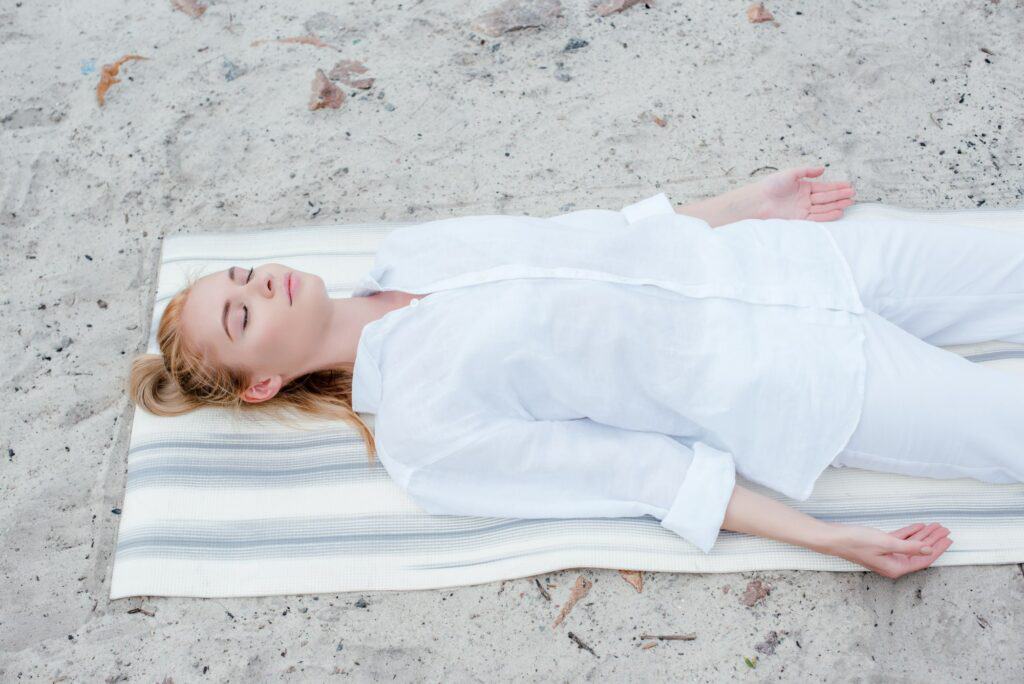
- Adding Structure to the Day: Relaxation brings balance and order to our lives, providing much-needed structure and a sense of stability.
- Cultivating Clarity: A relaxed mind enhances decision-making and problem-solving abilities, cutting through the mental fog to help us make better choices.
- Sparking Creativity: Embracing relaxation unleashes our inner imagination, leading to those “aha” moments and a burst of creative ideas.
- Lowering Cortisol Levels: Science magic at work! Relaxation actively reduces stress hormones like cortisol, leaving us feeling refreshed and rejuvenated.
- Managing Energy Levels: By engaging in relaxation techniques, we maintain optimal mental and physical energy, ready to tackle whatever comes our way.
How to Relax with ADHD

Now that we’ve talked about the challenges of finding relaxation with adult ADHD, let’s dive into some simple techniques to soothe that restless mind and body of yours.
Ways to Relax Your ADHD Mind
1. Practice Deep Breathing:
Inhale serenity, exhale stress with slow, deliberate breaths. Deep breathing calms your mind, redirecting attention from racing thoughts or distractions, fostering peace amid the ADHD whirlwind.
2. Engage In Leisure Activities:
Unleash creativity through art, music, or gardening for therapeutic escape. These pursuits offer self-expression and a chance to disconnect from stressors, nurturing relaxation and inner tranquility.
3. Learn Meditation:
Restore balance and reduce stress with mindfulness practices. Meditation, accompanied by noise canceling headphones and a comfortable yoga mat, enhances focus, helps you stay present and cultivates calm.
4. Take Breaks:
Recharge and return stronger with regular breaks. Prevent mental fatigue by allowing moments of respite to maintain productivity.
5. Create a Relaxing Space:
Design a calming haven at home to unwind and recharge. A serene atmosphere with soothing elements enhances relaxation.
6. Make a To-Do List:
Organize tasks to avoid feeling overwhelmed. A clear list prioritizes and manages time, reducing stress and boosting productivity.
7. Minimize Distractions:
Set up a quiet environment to maintain focus. By reducing distractions like turning off the TV, you can concentrate better and reduce ADHD symptoms.
8. Break Down Large Tasks:
Divide overwhelming tasks into smaller steps. This makes progress more achievable and reduces feelings of being overwhelmed.
9. Stick to One Task at a Time:
Focus on completing one thing before moving on. Avoiding multitasking improves productivity and reduces mental clutter.
10. Acknowledge Accomplishments:
Celebrate successes, no matter how small. Congratulate yourself to reduce stress and foster a positive mindset.
11. Seek Professional Advice:
Consult healthcare professionals for ADHD management and mental health support. Personalized strategies can enhance relaxation and overall health.
12. Build a Support System:
Surround yourself with understanding family members and friends. A strong support system provides encouragement and a safe space to share ADHD experiences and challenges.
Create Your Unique Relaxation Ritual
Imagine having your own special ritual for relaxation – A plan that caters to your unique needs and preferences.
Start by setting aside dedicated time for relaxation each day. It can be as short as 10 minutes or as long as an hour, depending on your schedule. Treat this relaxing time as sacred and non-negotiable, just like that coffee break you cherish.
Discover which techniques resonate with you the most, such as deep breathing, journaling or engaging in a physical activity. Combine them to create your unique ritual, filling it with activities that bring you a sense of blissful calm.
Gentle nudges for you to remind yourself to relax:
Set Alarms or Reminders: Utilize your phone or smartwatch to set regular alarms for your relaxation time. When you hear that gentle chime, it’ll be a delightful cue to pause and unwind.
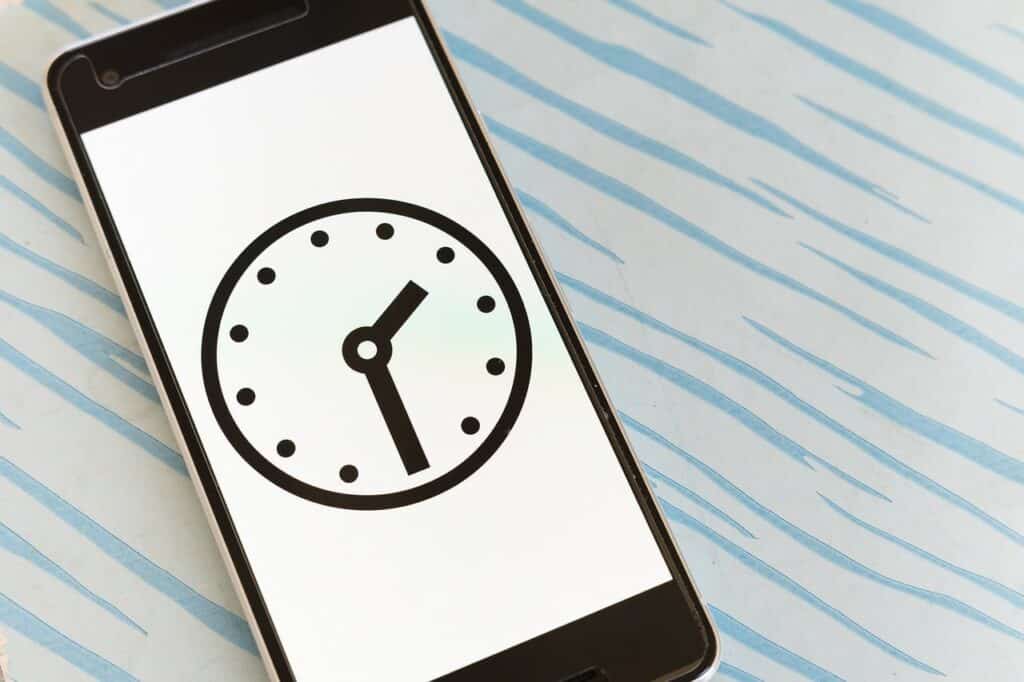
Create Visual Cues: Sticky notes can be helpful allies! Place them strategically around your workspace or home as visual reminders to take relaxation breaks. The sight of those colorful notes will prompt you to breathe and find peace.
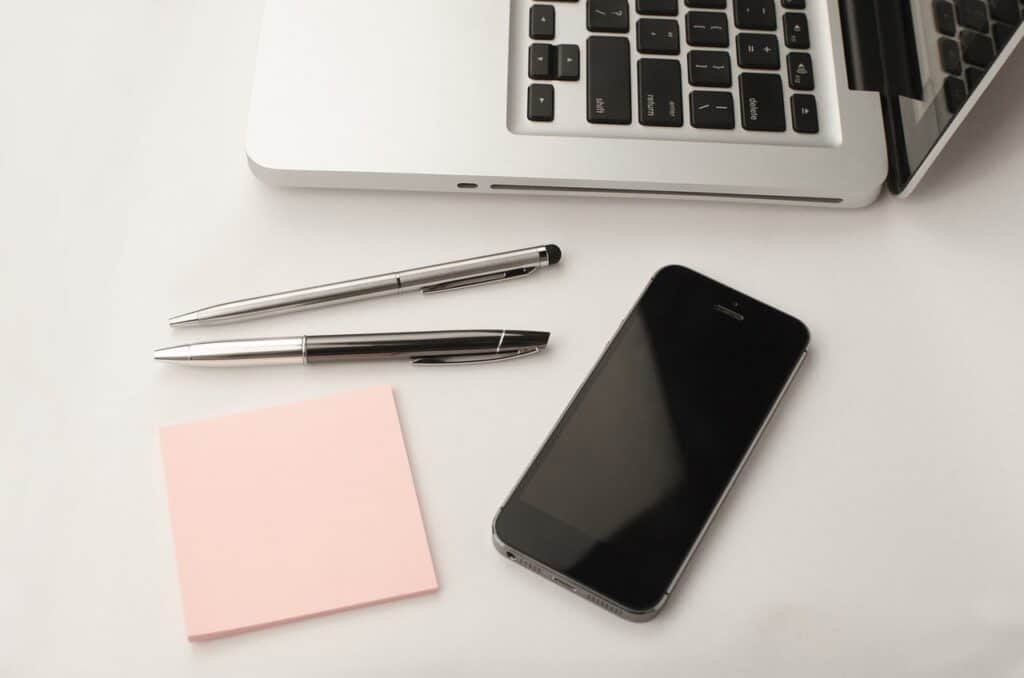
Find a Relaxation Buddy: Share your journey with a friend or family member who can be your support group or accountability partner. They’ll remind you to prioritize relaxation and provide support on this calming quest.

Tie It to Daily Activities: Link relaxation to something you do every day, like taking a few minutes to meditate or journal after your morning coffee. Connecting these activities to existing habits makes it easier to stick to your plan.

Reward Yourself: Celebrate your relaxation achievements! Treat yourself to something you love, like a delicious snack or a short walk outside. Positive reinforcement will keep you motivated to practice and make relaxation a consistent part of your daily life again.
Create a Relaxation Space: Remember the zen den we talked about earlier? Your dedicated relaxation space can serve as a tangible reminder to slow down and unwind. Every time you see that cozy nook, it will gently nudge you to relax.

Use Apps and Technology: There’s an app for everything, including relaxation! Explore mindfulness and relaxation apps that offer guided meditations, breathing exercises, and soothing sounds. Your smartphone can become your relaxation coach.

Embrace these nudges, and soon enough, relaxation will become an integral part of your daily routine. Remember, it’s all about creating a space for calm amidst ADHD’s hustle.
Frequently Asked Questions (FAQ)
Q1: How often should I practice adhd relaxation techniques to see noticeable improvements in my ADHD symptoms?
To experience improvements and health benefits, practice these techniques regularly, ideally on a daily basis. Consistency is key to manage ADHD symptoms and promote overall well-being.
Q2: Can relaxation alone replace the need for medication in managing ADHD?
While relaxation techniques offer significant health benefits, they may not replace medication entirely. Consult with a professional to determine the most effective treatment plan for you.
Q3: What if I struggle to find time for relaxation amidst a busy schedule?
Start small and prioritize relaxation by setting aside even just a few minutes each day. Create a quiet space and incorporate breathing exercises into your daily routine.
Q4: Is it normal for my mind to wander during meditation or journaling sessions, and how can I refocus?
Yes, it’s normal for the mind to wander. When this happens, gently redirect your focus to your breath or the task at hand. Be patient with yourself; refocusing is a skill that improves with practice.
Q5: How can I communicate my need for relaxation to others without feeling judged or misunderstood?
Share your ADHD struggle and explain the importance of relaxation for your well-being. Encourage open communication and consider joining a support group to connect with others who understand the challenges of managing ADHD.
Q6: Are there any specific relaxation techniques that work best for adults with combined-type ADHD?
Different techniques work for different individuals. Experiment with deep breathing, mindfulness meditation, physical activities like yoga, or journaling to discover what brings you the most relief.
Q7: How can I make relaxation a consistent part of my daily routine without feeling overwhelmed?
Start by scheduling relaxation time in your daily routine, just like any other important task. Keep it simple and manageable to avoid feeling overwhelmed.
Final Thoughts
Now that you know about these ADHD relaxation techniques, it’s time to find what works best for you and keep your inner calm. Try different calming activities for ADHD and see which ones suit you best. Observe how they make you feel and stick with what works!
Embrace self-compassion, be patient with yourself, and prioritize your mental well-being. You’ve got the power to conquer your ADHD brain and unlock the serenity within.
So go ahead, embark on this journey, and let relaxation become your ultimate superpower!


